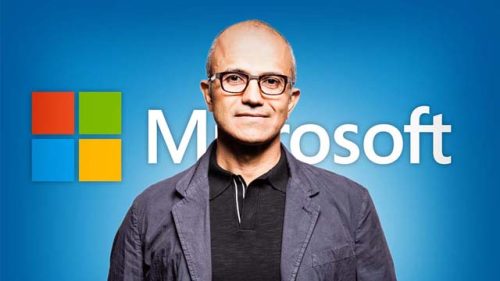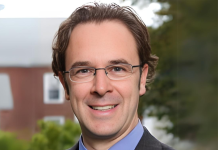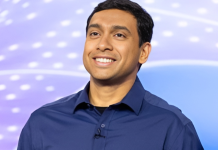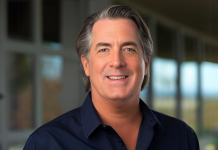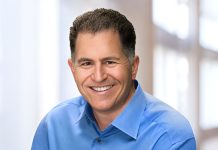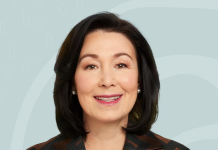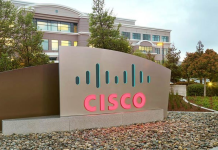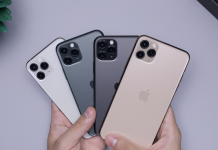While world-renowned Chief Executive Officer of Microsoft Corp. Satya Nadella has come a long way from his childhood home in Hyderabad, India, the tech visionary has stayed true to his long-term goal of empowering people around the world through technology. In an interview with the New York Times, Microsoft’s third CEO in 42 years speaks to a wide range of topics including his new autobiography “Hit Refresh,” which launched in September and hones in on how he transformed the culture at the legacy tech giant.
In particular, Nadella speaks to his new mission statement for Microsoft which he spent a long time drafting and finally sent out to the entire workforce after taking the helm in 2014. When Nadella started working at Microsoft in 1992, he says Microsoft’s mission was focused on bringing a PC to every home and every desk. While the statement was clear, quantifiable and had “attributes which are admirable,” Nadella indicates that by the late 90s, this mission was achieved. This left Microsoft needing a sense of purpose and culture which he has made the backbone of Microsoft and every product that it creates. Mission and culture are now the “book marks of goals that come along with every technological shift,” says the CEO, suggesting that Microsoft’s products have always been more about what others can achieve with the technology. In this sense, the tech giant is not consumer and consumption led, but creation led, with people buying products because of what they can help them build.
Nadella has also softened the combative nature of Microsoft with its rivals, choosing more often to partner with companies instead of competing in order to make sure that what the company does is available to users everywhere. By realizing that everything is not a zero sum game, Nadella is open to supporting other platforms.
Microsoft, which gets over half of its revenue outside of the U.S. and operates in over 190 countries, says the idea of a multinational company is going to be foundationally based on what value it has added in every country that it operates. The CEO suggests that in order to participate as a global corporation, a company must confidently answer for itself and to every public official and head of state what it has done to contribute in terms of educational outcomes, small business productivity, multinational competitiveness, etc.
As for the role of artificial intelligence (AI) in disrupting the global economy, the CEO says it is up to us how we choose to leverage the technology. While Nadella expects considerate displacement of workers, he suggests that a largely overlooked discussion is the power of AI in empowering more people to fully participate in the economy. He highlights individuals with vision impairments and dyslexia who are able to use AI to reach their full potential.
In order to properly prepare for the impact of automation, he suggests “we should do our very best” in education, both at the company and societal level, to teach students a relevant curriculum for jobs of the future. Nadella indicates that learning should not stop there, highlighting the importance of teaching mid and high level skills at the workplace and providing employees with tools to continually upskill themselves.
The CEO gives credit to Doug Bergam, now the governor of North Dakota, for profoundly impacting his outlook on work and life. In his mid 30s, Bergam pointed out to Nadella that if he was going to spend more time at Microsoft than with his kids, he better figure out a way for work to have a deeper meaning. Nadella says that over the past 15 to 20 years this conversation has changed how he himself gets satisfaction in his job and has led him to make Microsoft a platform that works for its employees’ passions, versus the other way around.
Nadella’s mother, a Sanskrit professor, helped him realize the value of living in the moment, “not in a trivial way but in a way to deeply learn, enjoy and be in touch with what is happening.” Over time, he has become aware that this skill is more important than just having curiosity and ambition. Because of this wisdom, Nadella says he was never waiting to be CEO to do his best work, and that has made all the difference.

